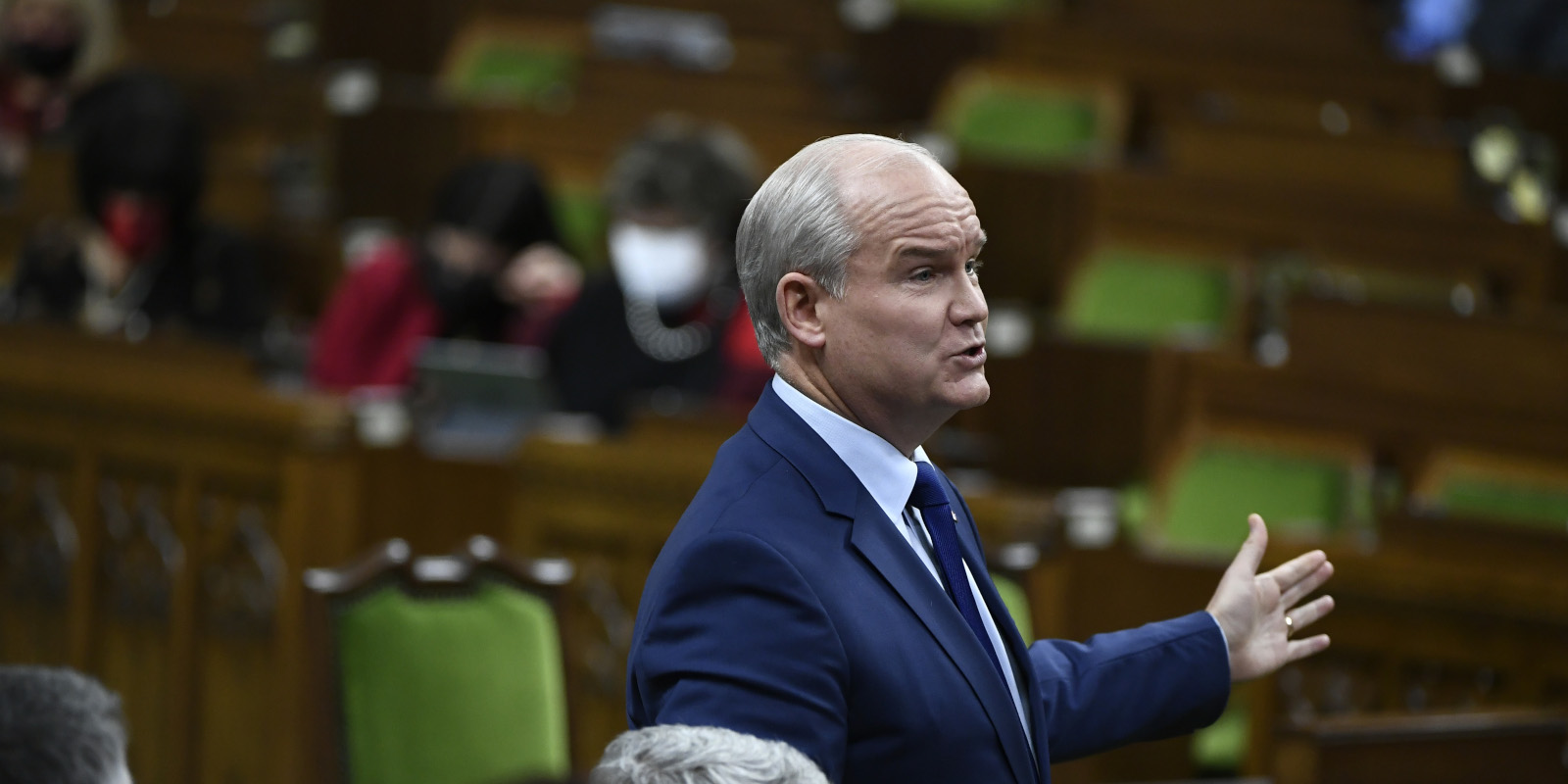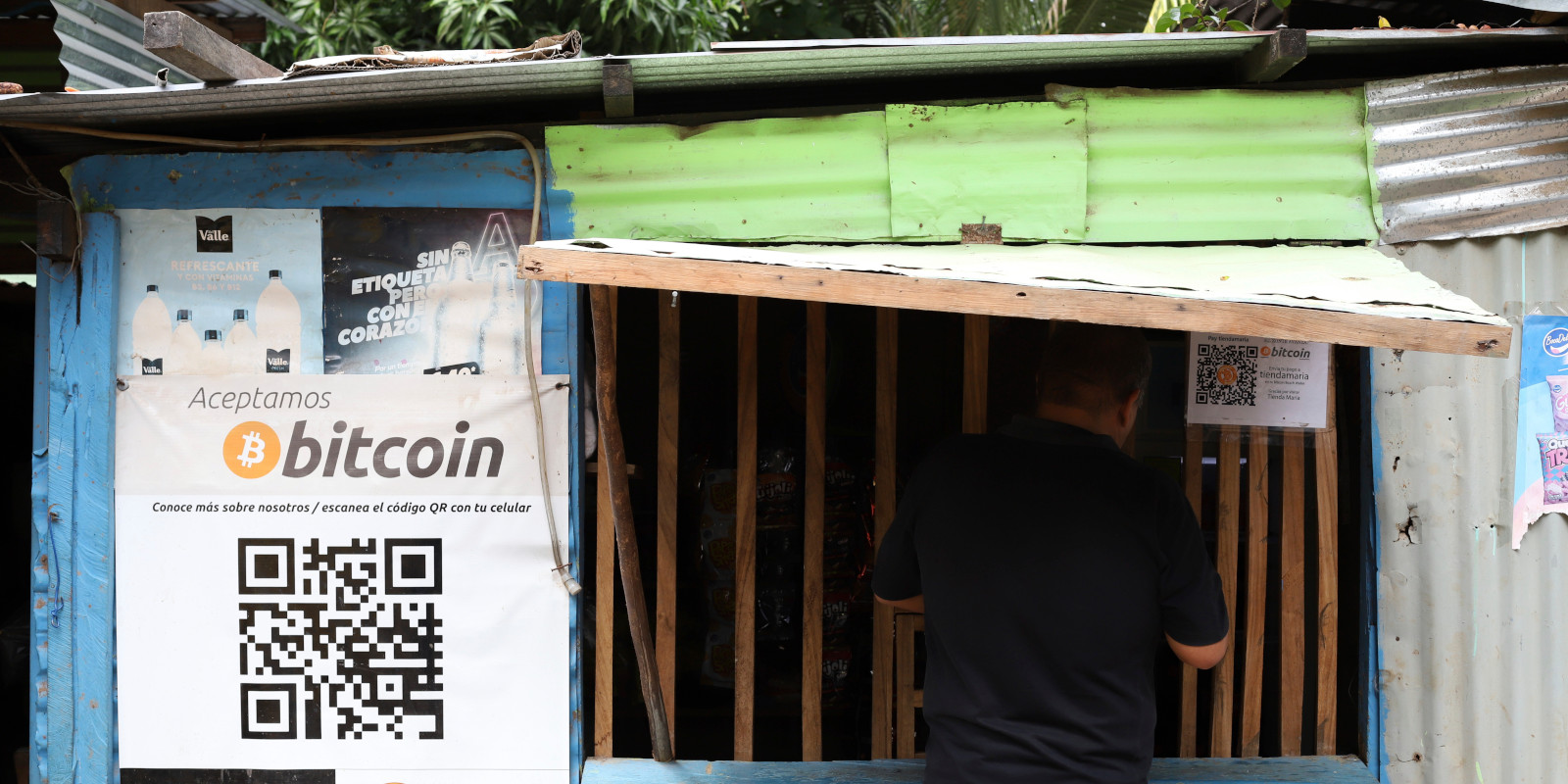The Conservative Party lost “about eight or nine seats” due to interference by China in last year’s election campaign, said former party leader Erin O’Toole on a podcast this week.
O’Toole said if the party had won those seats he would have had a “more sturdy leg to stand on” with his caucus and giving him a stronger case to stay on as party leader.
The only thing that could have truly guaranteed his job security, though, was winning the election, O’Toole said.
“Some of the changes I was making were pretty big ones for some in our party, and I really needed to win the election to sort of paint over the cracks that some of my changes were causing,” said O’Toole.
O’Toole made the comments during a wide-ranging conversation with Liberal MP Nathaniel Erskine-Smith on his Uncommons podcast.
Kenny Chiu, a former Conservative MP in British Columbia, has gone on record with his belief that a coordinated campaign from China cost him his seat in last year’s election. Chiu said the campaign was provoked by his private member’s bill that would set up a registry for agents of foreign governments.
“When I go door knocking … there have been supporters of mine who just shut the door in my face,” Chiu told the National Post last year. “There is so much hatred that I sense.”
DisinfoWatch, a foreign disinformation monitoring watchdog, had also warned of a coordinated campaign against the Conservative Party last year. Experts say the campaigns are generally conducted on WeChat, a Chinese instant messaging service.
In the conversation with Erskine-Smith, O’Toole said he was staying neutral on the current leadership race but warned the candidates about the dangers of going too deep into populism and the politics of anger, citing concerns about national unity.
“What I worry about is with the populism of anger or frustration or dislocation, is that can undermine institutions and it can undermine national unity,” said O’Toole.
The best way to channel the anger of the electorate is by proposing policy solutions, he said.
“What you have to be mindful of is there’ll be scapegoating that is happening and I think as a leader, you have to make sure you’re not engaging in that,” said O’Toole. “You have to present your solutions to those problems and try to transform that frustration into positive action, as opposed to just adding to the frustration.”
O’Toole admitted that his attempt to take a nuanced position on the Freedom Convoy that locked down Ottawa for several weeks and blocked border crossing early in the year was “the final nail in my coffin.” O’Toole said he was trying to channel the frustrations of Canadians on COVID-19 restrictions and vaccine mandates, while also opposing the extreme views and law-breaking he saw in the convoy.
Near the end of the conversation, Erskine-Smith told O’Toole that it was a mistake for the party to turf him as leader after only one election cycle.
“Some of the changes I was bringing, I needed to win that election. Victory soothes all ailments, right?” said O’Toole.
Recommended for You

The Weekly Wrap: It’s time to cut through Chesterton’s Fence and implement sweeping reform in Canada

Has the Left lost its masculine energy?

Ginny Roth: J.D. Vance, Pierre Poilievre, and how they slice their economic pie

David Polansky: As President Biden leaves the race, will the Democratic Party hodgepodge hold?









